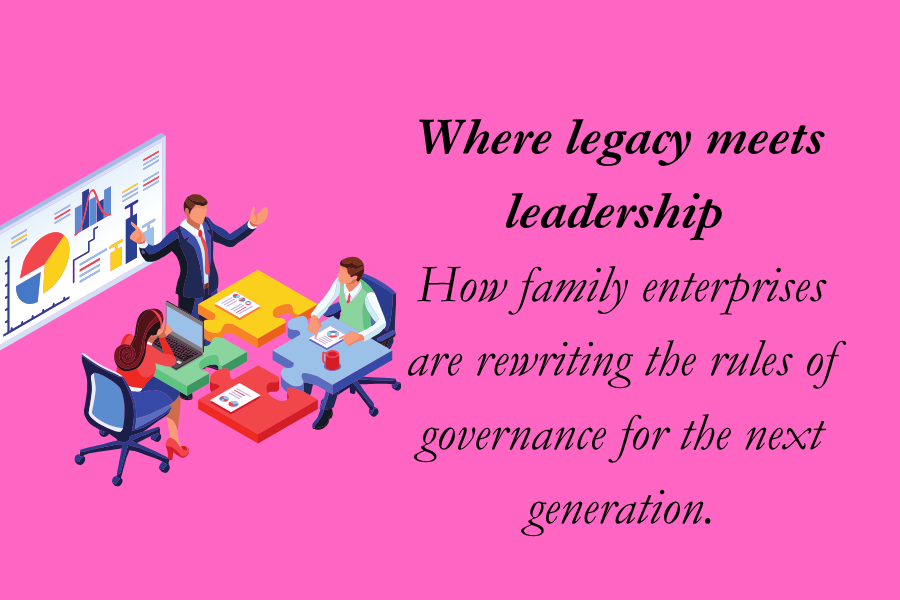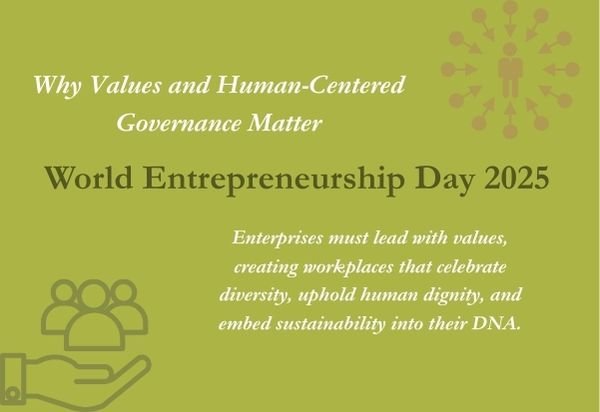Voter profile is in transition around the world. From a factory worker or a peasant to that of self-employed, entrepreneur, gig worker, professionally qualified youth, women entrepreneurs and self-help group member or an SME owner. But are they getting their due?

Voters of today comprise self-employed entrepreneurs, consumers and professionals. With the rapid socioeconomic transitions around the world, propelled by technology especially Information and Communications Technology, voter profile is also in transition from a factory worker or a peasant to that of self-employed people, professionally qualified youth, women entrepreneurs and poorer people as members of self-help groups or some manufacturing cooperatives.
With the ever-changing voter profile, issues and problems affecting emerging voter segments, self-employed, women entrepreneurs, consumers, professionals – knowledge based industry and technology work forces — are also emerging and their attitudes and aspirations are changing so fast. This calls for considerable innovative thinking, creativity and a responsive and dynamic approach from the part of political leaders. Changing voter profile is the end result the global economic transition and on the sidelines of that there are social and cultural implications. But how do political parties meet these emerging challenges and evolve?
The plain reality is that those parties that fail to respond to changing voter expectations, needs and aspirations or will get rejected.

Left parties are particularly vulnerable in this sense and they could fall into this trap of voter rejection. Left political segments, often refuse to respond to the specific issues of the above mentioned new voter segments. And often they seem to be trapped in their traditional slogans, and engagements with the people. Issues of contemporary society and the “voters of today” are much different from, say, that of ten years back. Even migrant workers and marginalized groups are raising new issues. IT networked communities, as today’s voter segments are, they raise issues that affect them as a community, neighborhood and at different levels using different platforms.The present day voters have fresh and hitherto unknown issues, for traditional political leaderships, to be resolved.
To operate in contemporary social and political space needs a new language of political imagination and creativity. Indeed, the political appeal of populism has captured a solid base in the democracy of the 21st century. However, plural political competition has sealed the fate of traditional political mobilization.

The role of left was earlier, to act as a pressure group in different parliamentary contexts. Providing immediate relief to people when policies and governmental priorities affect and impact people’s welfare, was the objective of participating in governments, for the left and they had a rights based perspective and an agitation oriented – sloganeering focus, in order to achieve their political objectives.
It is to be noted that the focus of political debates seems to be revolving for “development consensus”. Economic Growth and development have become the agenda of political parties. However, as the BJP and Congress, started moving ahead with a ‘growth and development based political agenda’ has created considerable confusion within Left oriented political parties in India. Left political segments are finding it difficult to adopt and to embark upon a transition from rights-based pro-poor agenda to an economic development-oriented private-sector approach.
Interestingly, the new age path of development politics, within its broad development focus has very specific micro and well target oriented agendas for initiating development legislations. Entrepreneurship, self-employment and achieving employment and GDP growth through enhancing manufacturing, exports, rural industries and by enhancing the competitiveness of micro, small and medium sectors. Further, present day political economy of development and policy debate are much more pragmatic with these focused micro agendas such as skill development, bettering investment climate, improving regulatory environment and creating a smoother climate for small businesses to function without too many hassles.

Questions such as social protection, welfare subsidized health and education are getting sidelined to a considerable degree in all these discourses. Here comes the creative role of left-centric political segments. How will they re-establish and find their relevance and role in the present political system?It is to be noted that in all these discourses of economic development focused politics, market emerges as the solution for multiple challenges of contemporary society. Social transformation, culture, ethical and spiritual aspects development, market and indeed politics do not find space in the agenda.

Here ‘political party’ emerges as an agent of the market wisdom and political agency speaks and represents market interests. It is to be noted that, however, market logic, emerging as a solution for all the modern social challenges, would kill the traditional base of the left of center politics. As choices of the consumer increase, consumer, the voter, is more or less expressing similar choices. The political choice indeed is a factor of larger “consumer project”, the voter.
In the new era, development, entrepreneur interests, better business climate, consumer interests are the core realities. But, many are outside the labour market and consumer interests. The informal economy in the general sense represents the area. What we are witnessing today is the assertion of citizen politics in various parts of the world, which is trying to address the core issues affecting the citizen voter of the present era.
( An earlier version of this article was published in Global SME News on 22 March 2015)

Vishwanath is an independent researcher; green and development expert. He is based in Kerala. Can be reached at : ckvishwanath@gmail.com














Comment on “CK Vishwanath: Majority of voters are entrepreneurs, self-employed or gig-workers…”